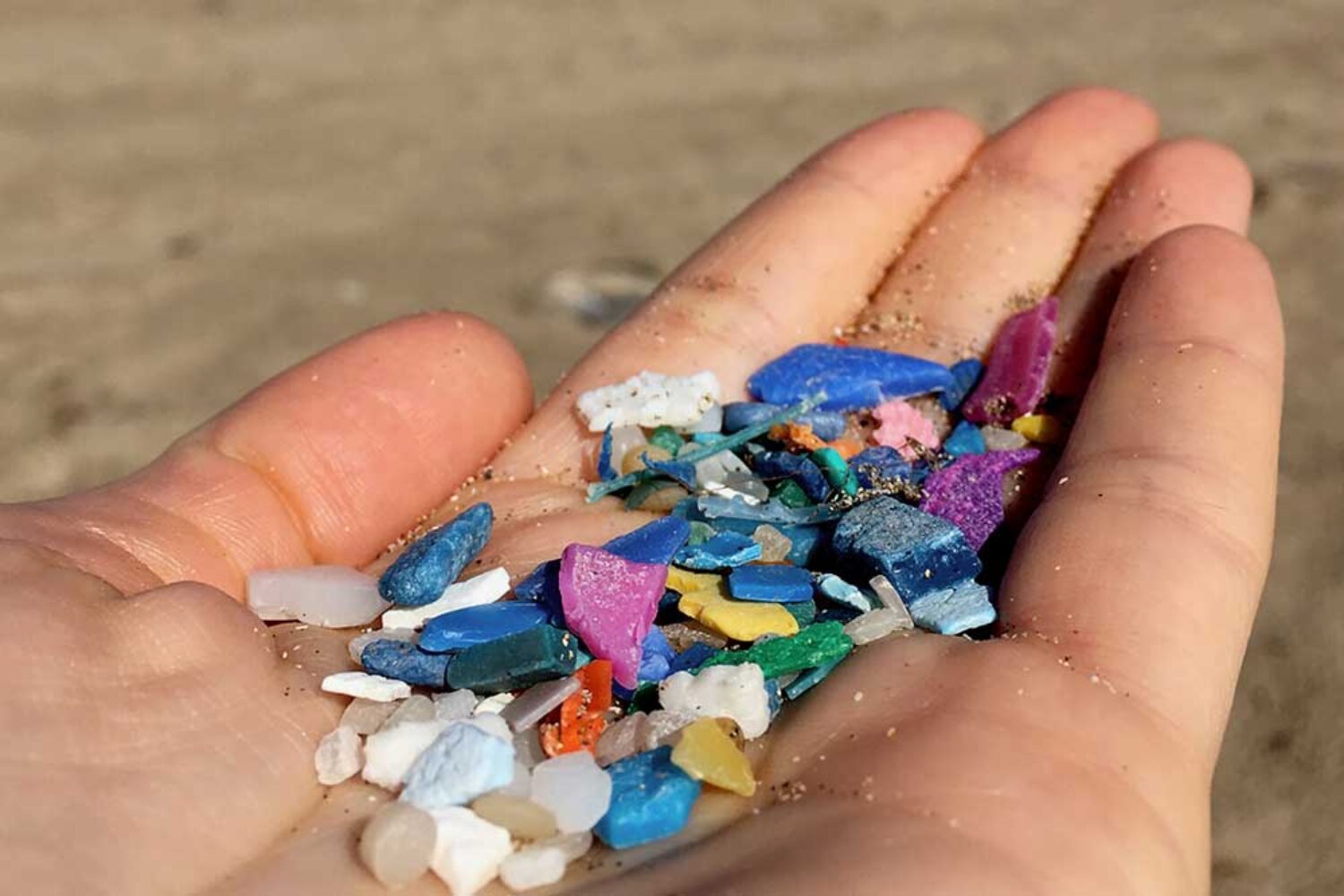The Council and the European Parliament have provisionally agreed on a microplastics regulation to prevent plastic pellets from entering the environment.
It is estimated that between 52,140 and 184,290 tons of pellets – the industrial raw materials used to make plastic products – were lost to the environment in the EU in 2019. In 2022, around 38% of all pellets transported in the EU were transported by sea.
Pellet losses can occur at different stages of the value chain. There is currently no EU legislation specifically addressing the loss of plastic pellets, despite their adverse environmental, climate, economic and potentially human health impacts. Plastic pellets are the third largest source of unintentional release of microplastics after paints and tires.
Plastic pellets are not biodegradable. The new regulations would help improve the handling of plastic pellets at all stages of the supply chain, both on land and at sea.
“Microplastics, including plastic pellets, are everywhere today – in our oceans, seas and even in the food we eat. Every year, up to 7,300 truckloads of plastic pellets are lost into the environment,” said Paulina Hennig-Kloska, Polish Minister for Climate and Environment. “Today, the EU has taken a pioneering step to reduce pellet pollution by adopting measures to combat losses and ensure proper handling, including in maritime transport.”
Stronger prevention of pellet losses
Under the new rules, prevention of plastic pellet losses would be the main objective of operators and EU and non-EU transporters. A clear framework sets out the obligations in the event of accidental losses, with a focus on remediation measures. A concrete list of measures will be included in a risk management plan drawn up by each facility handling pellets. These measures include packaging, loading and unloading, staff training and the necessary equipment.
In order to create a level playing field for EU and non-EU transporters and to ensure accountability and transparency for all transporters of plastic pellets, non-EU transporters must appoint an authorized representative in the EU.
Simplification and compliance
In line with the simplification objectives for smaller companies and the Council’s approach, the provisional agreement strikes a balance between a high level of environmental protection and requirements for companies adapted to their different sizes. In this sense, companies handling more than 1,500 tons of plastic pellets per year must obtain a certificate issued by an independent third party.
Small companies that also handle more than 1,500 tons per year are subject to less stringent requirements, such as a one-off certification that must be obtained within five years of the regulation coming into force. Companies that handle less than 1,500 tons per year and micro-enterprises only have to submit a self-declaration of conformity.
Microplastics in maritime transport
The persistence of a plastic pellet in the aquatic environment can be measured over decades or longer, as plastic pellets are not biodegradable. In addition, around 38% of all pellets transported in the EU in 2022 were transported by sea.
Therefore, the co-legislators have also agreed to set obligations for the transport of plastic pellets by sea (in freight containers), including ensuring high-quality packaging and providing transport and cargo-related information, in line with International Maritime Organization guidelines.
Next steps
The provisional agreement must now be approved by the Council and the Parliament. It will then be formally adopted by both institutions after a legal and linguistic review and published in the Official Journal of the EU. The regulation will then enter into force two years after its publication. In order to facilitate compliance in the maritime sector, the co-legislators have agreed to postpone the application of the relevant provisions by one year (compared to the other provisions of the Regulation).













